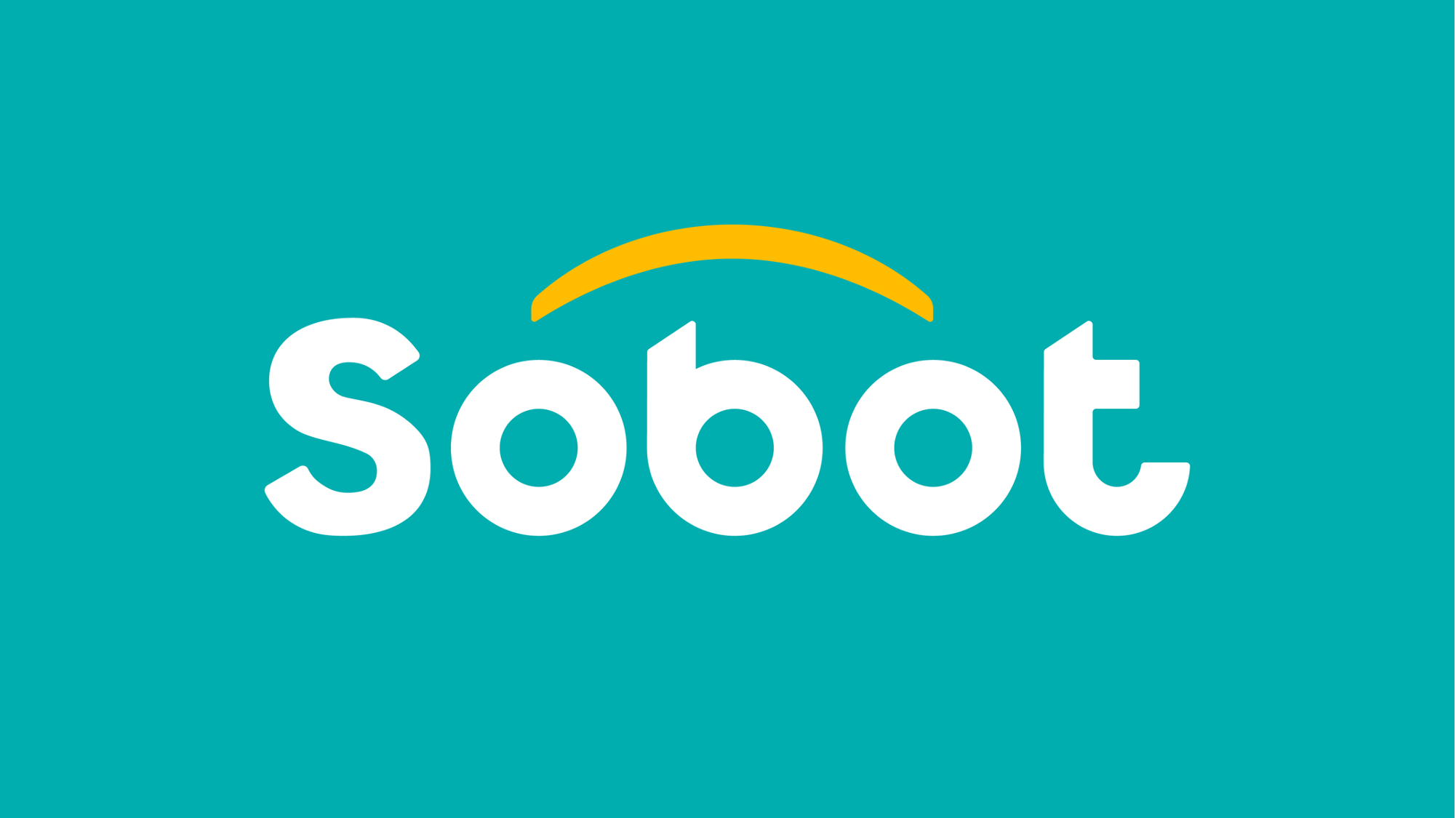Choosing the right ticketing system is essential for any organization that wants to streamline customer support, manage events efficiently, or improve internal workflows. With a variety of options available, it can be challenging to know which solution best meets your needs. In this article, we guide you through the key factors to consider when selecting a ticketing system, ensuring you make an informed decision.
Understand Your Needs
Before evaluating different ticketing systems, it’s important to understand your organization’s specific requirements. Are you looking for a customer support platform, an event management tool, or an internal IT helpdesk? Identifying the primary purpose will help you narrow down options. Consider factors such as the expected volume of tickets, the complexity of your processes, and whether you need multi-channel support (email, chat, social media).
Evaluate Key Features
When choosing a ticketing system, certain features are essential for efficient operations:
- Automation: Look for automated ticket routing, notifications, and responses to save time and reduce errors.
- Reporting and Analytics: The ability to track ticket resolution times, customer satisfaction, and agent performance helps improve efficiency.
- Integration: Ensure the system can integrate with existing tools such as CRM software, email platforms, and communication apps.
- Customizability: Your workflows may differ from standard processes. Choose a system that allows for tailored workflows and ticket fields.
- Focusing on these features will ensure that the system supports your operations rather than creating extra work.
Consider User Experience
A ticketing system should be easy for both staff and customers to use. A complicated interface can lead to frustration and decreased productivity. Look for platforms that provide intuitive dashboards, simple ticket creation forms, and clear navigation. For customer-facing systems, features like self-service portals, knowledge bases, and mobile accessibility enhance the overall user experience.
Assess Scalability
Your organization’s needs may grow over time. A scalable ticketing system can accommodate increased ticket volumes, additional users, or expanded support channels without requiring a complete system change. Cloud-based solutions often offer flexible scalability and regular updates, ensuring that your ticketing system can adapt as your organization evolves.
Evaluate Cost and Support
While features are important, budget considerations play a significant role. Compare pricing models, including per-agent or per-ticket fees, and determine what fits within your budget. Additionally, reliable customer support from the ticketing system provider is crucial. Prompt assistance can minimize downtime and prevent disruptions to your service.
Test Before Committing
Many ticketing systems offer free trials or demo versions. Testing a platform allows you to evaluate its functionality, ease of use, and compatibility with your processes. Involving your team in the trial period can provide valuable feedback and ensure that the system meets real-world needs.

Conclusion
Selecting the right ticketing system requires careful evaluation of your needs, desired features, user experience, scalability, cost, and provider support. By considering these factors and testing potential platforms, you can choose a solution that enhances efficiency, improves customer satisfaction, and supports the growth of your organization. A well-chosen ticketing system is not just a tool—it’s a key part of delivering excellent service and streamlined operations.


